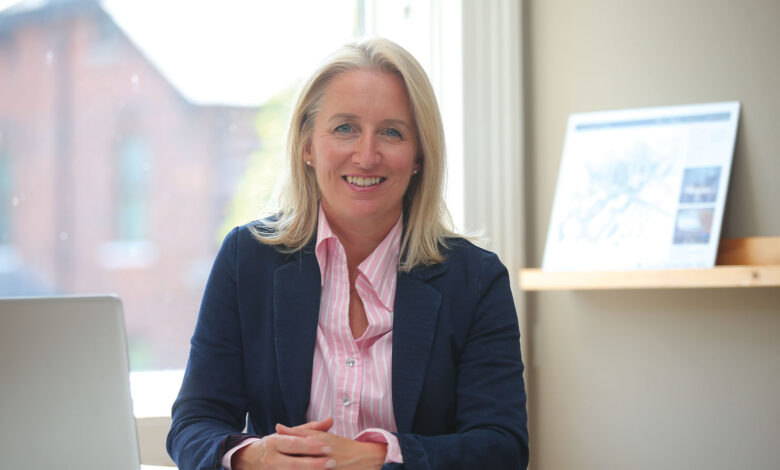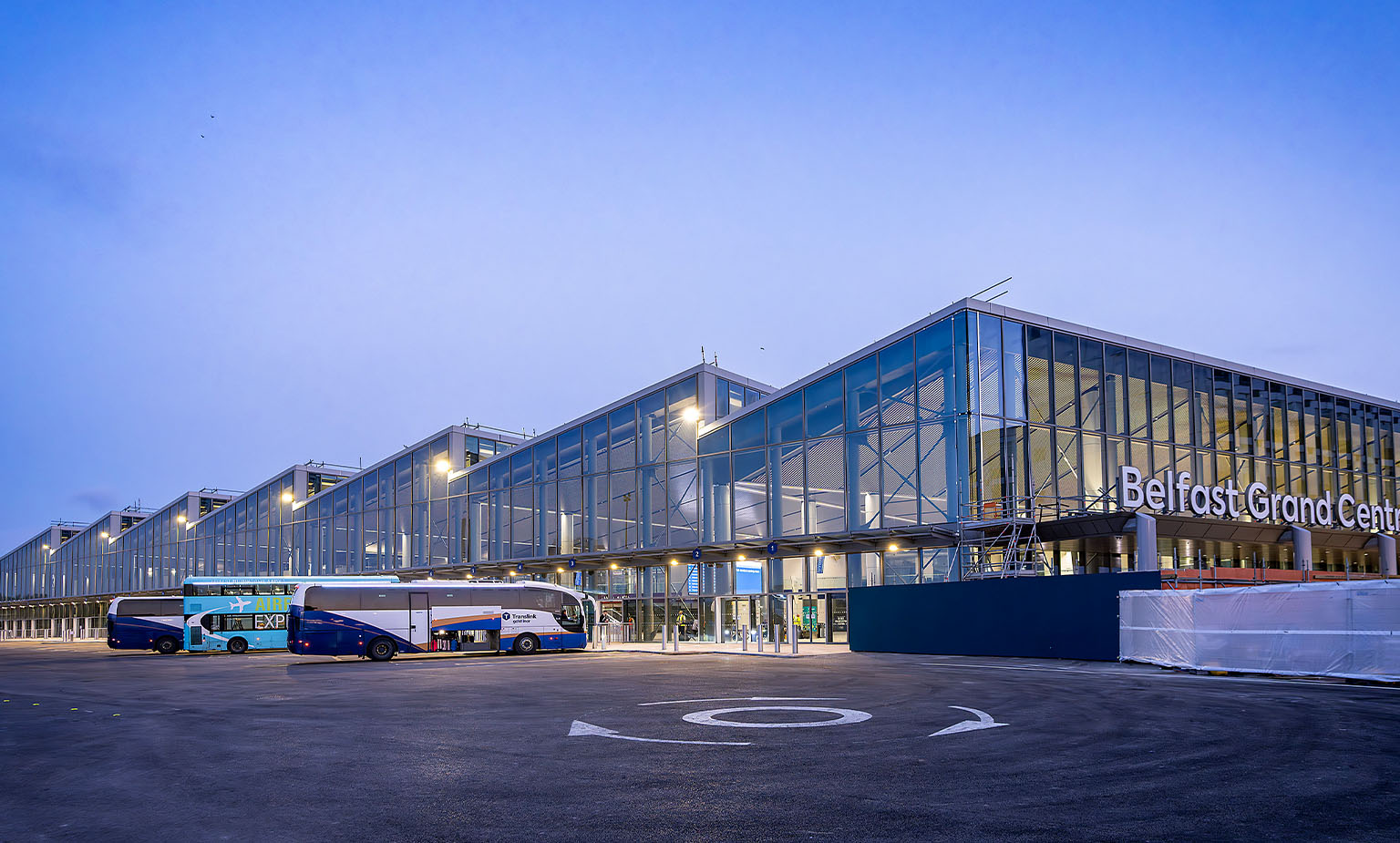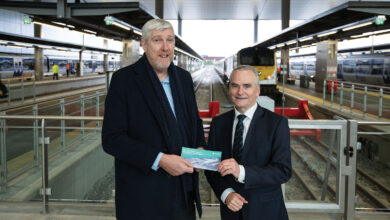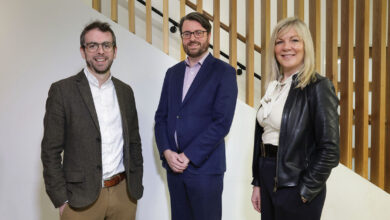Building social value into the planning process

Helen Harrison, Managing Director of Juno Planning & Environmental Ltd, discusses the role of social value in the planning process.
The term ‘social value’ may seem like a recent addition to the narrative on public procurement in Northern Ireland, however, its roots can be traced back to the UK Public Services (Social Value Act) 2012. The Act requires commissioners of public services to consider how they can secure wider social, economic, and environmental benefits. A draft motion for a Social Value Act in Northern Ireland was signed by all parties in 2016, however, progress was stalled until the Department of Finance publication of ‘Procurement Policy Note 01/21’, which mandated that from June 2022, public procurement tenders must allocate a minimum of 10 per cent of the total award criteria to ‘social value’, applied against a number of thresholds including construction contracts valued above £5.3 million.
So, what is social value? A decade on from the 2012 Act there are multiple definitions in circulation. The UK Green Buildings Council suggests that in the context of the built environment, “social value is created when buildings, places and infrastructure support and enhance environmental, economic and social wellbeing”, while the Institute of Civil Engineers identifies social value as “the additional, wider benefits that can be created by organisations and projects, for individuals, communities and local businesses”.
In the Northern Ireland context, the Strategic Investment Board (SIB) has the responsibility for overseeing the measurement of social value which “is about maximising the social, economic and environmental benefits through the public procurement process”, with four social value themes focused on employment and skills, supply chains, zero carbon and wellbeing. Contractors must deliver their social value plan across these themes and achieve a quantum of ‘social value points’ proportionate to the contract value.
The points relate back to measurements such as hours of employment/training/volunteering. Points are not monetised, and early feedback suggests that it may be helpful to provide proxy values to give visibility to value of benefits in a similar way to the TOMs Framework published by the Social Value Portal.

So, what has this got to do with the planning process? To better understand this question, it is helpful to consider the project cycle of a public sector development project, and the principal stages starting with strategic brief/investment case/procurement of design and delivery teams stages, followed by design development/planning approvals/construction stages leading to operation and decommissioning. Whilst early alignment with government and departmental objectives provides the foundation stones for social value on a project, it is through the design, planning and construction stages that social value really comes to life as the design teams implement their social value plans which might include apprenticeships, training and volunteering, and project teams use the pre application public consultation process to help identify social value priorities for communities and stakeholders. These social value priorities could include short term benefits or longer-term social value interventions to be carried though the construction stages and beyond. Social value requirements support the delivery of additional benefits and interventions which might otherwise not have been secured, making the public purse work harder to deliver positive societal impact.
Working on the Belfast Grand Central Station project, the team in Juno has had the privilege of working closely with Translink, Graham, Farrans Sacyr, Babcock, and the local communities in south and west Belfast for the past 10 years, as we all navigate our way through the opportunities and challenges of identifying and delivering meaningful social value benefits, whilst seeking to listen, learn, adapt and improve through the social value journey. Translink is to be commended for pioneering the concept of delivering social value on the BGSC project long before it became a requirement to do so.
The contractor teams have all exceeded their quota of required social value points, and for the Juno team overseeing social value reporting across the project and delivering social value with Babcock, there have been some stand out social value moments, with notable ones including the provision of new mobile classrooms at St Joseph’s Primary School, the cross-community Friendship Cup football tournament organised by Sandy Row Football Club, and community Meals on Wheels events. These visible community wellbeing activities complement a substantial number of social value activities and interventions running in the background including over 20 events supporting training and employment opportunities, 60 education events, 50 community projects, arts and heritage activities engaging over 800 people and support for the local VCSE sector.
What comes next? Professional institutes such as ICE and RIBA offer training and practical toolkits for professionals engaging in social value, and councils such as Belfast City Council already have their own social value procurement policy and toolkit linked to the Belfast Agenda. Councils across the UK are seeking to formally embed social value into the local authority planning process with consideration being given to the inclusion of social value policies within local development plans, social value plans becoming a planning application validation requirement and the use of Section 106 legal agreements to secure the delivery of social value benefits.
Social value is not a panacea to solve all the challenges faced by local communities or to take on the work of public sector agencies, but it does shine a light on local issues and importantly introduces the link between public sector investment and wider public benefit.
Helen Harrison is Managing Director of Juno Planning & Environmental Ltd specialising in large scale regeneration and renewable energy projects and pioneering the embedding of social value into the planning process.

Contact:
T: 028 90645 222
E: info@junoplanning.com
W: www.junnoplanning.com





